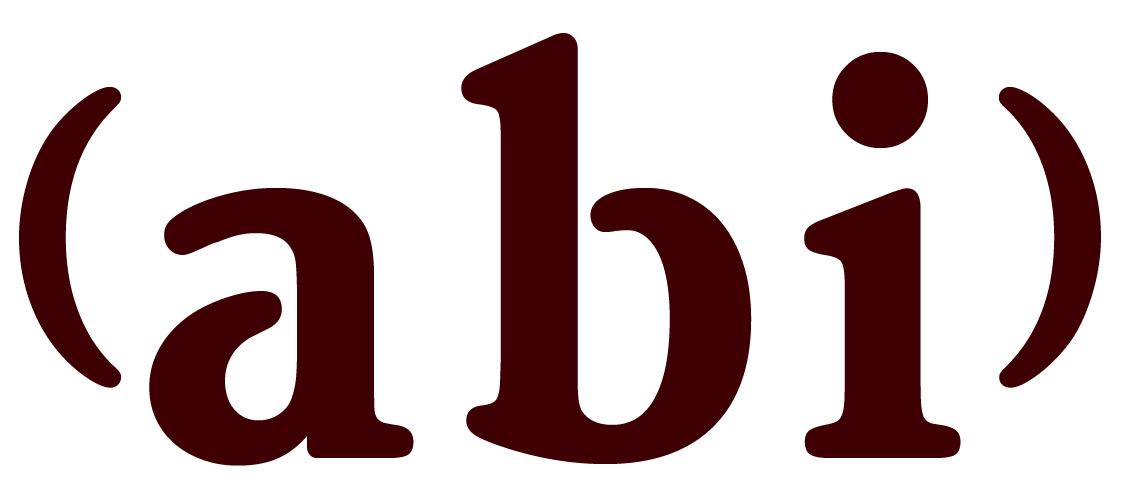Disability History & Civil Rights
The movement to build more inclusive communities and schools is built on the backs of those who came before us--family members and self-advocates who fought for the rights of our children to be live at home with their families, to be educated in the public schools, and to have necessary accommodations in the work place and other public spaces that allow individuals with disabilities to be full, contributing members of society. Over the years, many well-intentioned moves by trusted professionals and experts have caused great pain and suffering for individuals with disabilities and their families. Groups and individuals involved in the Disability Rights Movement today are working to overturn a legacy of prejudice and discrimination, and sometimes, of outright abuse and mistreatment. A generation ago, so-called experts urged parents to sign their children into institutions, called them ineducable and encouraging parents to unburden themselves of the job of caring for their children. Many major changes were the result of parents being ahead of the professionals and willing to take risks to make change possible. Additionally, self-advocates began to empower themselves to stand up for their rights and demand better treatment. The movement has come a long way in the past 40 years, with the advent of Special Education Laws and the Americans with Disabilities Act, but there is still a long way to go to ensure full access to our society for individuals with disabilities. In two local examples, the state of Oregon is facing a lawsuit filed by Disability Rights Oregon, joined by the United States Department of Justice around working conditions for adults with disabilities in sheltered workshops; there are still five active institutions for adults and children with disabilities in the state of Washington. The links on this page will walk you through some of the most important milestones in the Disability Rights movement. Thre are links to some powerful video clips as well. We encourage you to take a look around, and learn our history.
Today we are building the next wave of history. We work to empower families and self-advocates to be a part of the change they wish to see. Through our All Born (In) imagery, created in cooperation with talented photographers and graphic designers, we work to change the common public perception of individuals with disabilities. By empowering parents and self-advocates to follow their dreams for a full, rich life, we can help every family work to overcome stereotype and prejudice and build a world where all people are celebrated for the gifts that they bring. As we continue in this work as an organization, people further down the road continue to mentor us and help us stay the course, including Michael Bailey, Joan Medlen, Laurie Powers, Darla Helt and many others. We would not be where we are today with the work and passion of those who came before us and paved the path.
From "People First" to the "R Word"
The History of People First—A Tale of Self-advocacy and Action
The People First movement started in Oregon in 1974, when a group of self-advocates from the now closed Fairview Training Center in Salem joined together to create a forum where their voices could be heard. They organized a convention addressing issues important to them. The name “People First” came from a statement made by a self-advocate on the planning committee:
“A number of suggestions had been made when someone said, ‘I’m tired of being called retarded—we are people first.’ The name ‘People First’ was chosen and the People First self-advocacy movement began.” - From the People First Website
Since 1974, a nationwide movement has grown up to promote the use of People First Language to influence society’s attitudes toward people with disabilities. People First Language is just what it sounds like: when referring to a person with a disability, recognize the person before the diagnosis. For example, say “people with disabilities” rather than “the disabled”. Though you may be inclined to dismiss People First Language as another movement by the politically correct language police, we invite you to look a little deeper. When we use labels to describe people, there is a tendency to let this slip into using labels to define people. No one wants or deserves to be defined by a label of a diagnosis or disability. We are all people first.
Community advocate Eleanor Bailey speaks out on language and respect
More Recommended Reading on the Disability Rights Movement
The Disability Rights Movement Interactive Exhibit
This exhibition looks at the efforts of people with disabilities, and their families and friends, to secure the civil rights guaranteed to all Americans.
An Introduction to the Disability Rights Movement
From ProtectYourIncome.com: The Online Source for Disability Insurance, a chronology of the movement with links to more history and resources.
"Recognizing a Local Trailblazer"
An article by Abby Braithwaite profiling Judy Marick, the mother of six children, and a founder of Pride for Kids in Vancouver.
